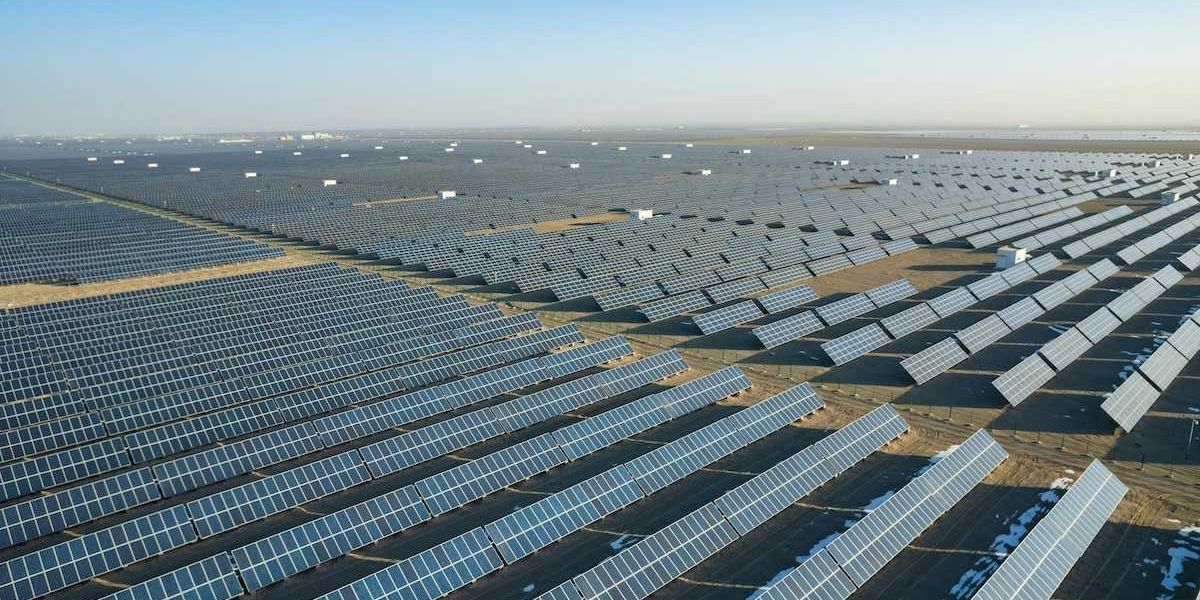Peter Dykstra: Attorneys spring eternal
Want to see environmental health issues on TV? Don't miss the commercials
As springtime spreads over North America, the airwaves are rotten with lawn and garden ads – hoes from Home Depot, lawn spreaders from Lowe's and all manner of seeds, bedding, plants, topsoil and pesticides.
Lots of pesticides.
For the latter, I couldn't help but notice the most recent ads for the best-selling herbicide Roundup had a tagline I'd never seen before: "Trusted for forty years."
This could possibly be due to Edwin Hardeman. Or Dewayne Johnson.
In March, a jury awarded Hardeman $80 million, ruling his cancer was caused by his use of Roundup. The herbicide's active ingredient, glyphosate, is considered a probable carcinogen by the World Health Organization.
Last August, Johnson was awarded $289 million by a jury that ruled his non-Hodgkin's lymphoma was caused by Roundup use in his job as a groundskeeper. A judge later reduced Johnson's payout to a paltry $78 million.
Roundup was developed by Monsanto, which is now a unit of Bayer AG. Bayer is appealing both judgements.
Roundup Cancer Lawyer | 800-843-3245 | Monsanto Roundup Lawsuit Commercialwww.youtube.com
Or the new Roundup tagline could be due to the inevitable boatload of trial lawyers that have discovered a passion for Roundup litigation. There are now an estimated 11,000 cancer victims suing Bayer, claiming exposure to Roundup or other glyphosate products caused non-Hodgkin lymphoma.
This is quite a kick in the head for the German chemical and pharmaceutical giant. In 2016, Bayer acquired Monsanto for $66 billion. The St. Louis-based Monsanto's most valuable asset was Roundup. But the WHO finding, the court verdicts, and the prospective avalanche of new cases soured the deal. Bayer's stock price has halved since July 2017.
And the headaches for Bayer show no end. Amid those springtime lawn and garden ads, the whiplash lawyer set is buying local and cable TV time, trolling for potential new clients.
A firm called Knightline Legal runs glyphosate ads regularly on late night TV, with a slightly sinister-sounding announcer offering a chance at a big payday for alleged glyphosate victims.
Evidently a full-service firm, Knightline also runs ads seeking to snag victims of asbestos, talc, diabetes, bad chiropractors, pedophile priests, wildfires, and my favorite – Fournier's gangrene of the testicles.
For those of you unfamiliar with this aspect of American trial law, firms typically take on a case alleging monetary damage where the victims – often unable to afford legal help – pay nothing until the case is won.
Then, the victorious attorneys will take a slice— anywhere from 30 percent to 45 percent of the verdict.
In one notorious class-action suit, thousands of plaintiffs in Anniston, Alabama, received an average settlement of $7,765 for widespread PCB contamination, while several big law firms raked in millions. The firm of celebrity attorney Johnnie Cochran scored $29 million, while former Alabama Lt. Governor Jere Beasley's firm netted $34 million. The defendant, by the way, was a Monsanto offshoot company called Solutia.
RoundUp Lawsuits For Cancer | RoundUp Lawsuit TV Commercialwww.youtube.com
Individual cases like Hardeman's or Johnson's can provide potent justice for individual victims. Class action suits, not so much.
It may, or may not, provide some solace that successful class action suits can at least put a dent in the bottom lines of the biggest companies. The largest class action suit following the 1989 Exxon Valdez spill cost the company $500 million in awards, and hundreds of millions more in defending the suit.
But those legal costs were probably well worth it for the oil giant. It took 19 years to resolve the case, and courts reduced the original $2.5 billion judgement to $500 million.
Plaintiffs, including fishermen and native Alaskans, received an average cut of $15,000. About one-fifth of the original plaintiffs died while waiting for compensation.
As I type this, with cable news droning out the latest Trump controversy in the background, a Knightline Legal ad fills the screen. The ambitious lawyers are soliciting clients to sue victims of talc. Baby powder, as sold by Johnson & Johnson and others, is blamed for ovarian cancers.
J&J has already settled at least three cases, and its talc supplier has sought bankruptcy protection. An estimated 13,000 other talc cases are believed to await.
So, our system tends to provide strong economic justice to a handful of clients like Hardeman and Johnson; maybe enough to buy a used Volvo for many victims; a new Gulfstream for their lawyers; and maybe a sting for defendants; and a strong incentive – or not – for polluters.














